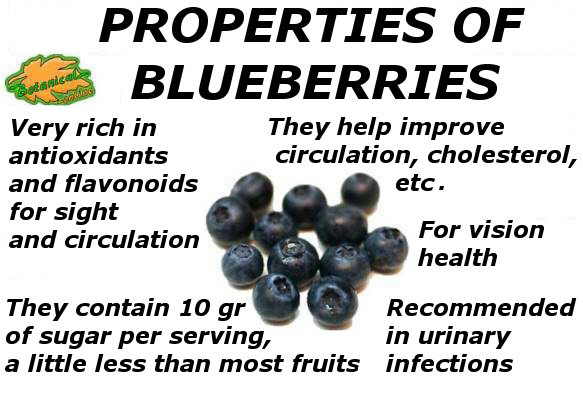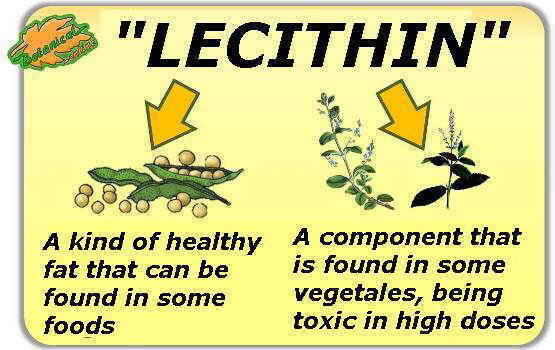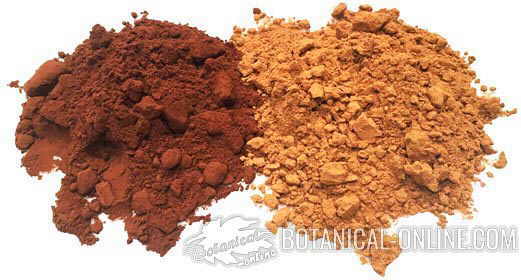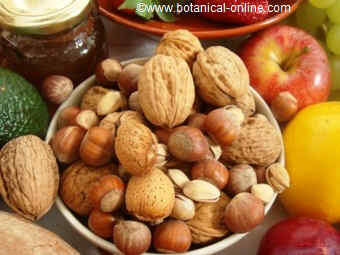Contents
Why to speed up metabolism?
Why do some people tend to gain weight?
When the metabolism is running slower than normal, the person affected burns little fat, so this tends to be stored in a higher proportion than normal, resulting in overweight or obesity.
The reason why some people tend to gain more weight than others, eating similarly and practicing equal physical activity, is because their metabolism works more slowly, ie consuming less calories than needed to maintain an ideal weight.
We must also take into account that the proper functioning of metabolism depends on the proper functioning of hormones. There are people who often have weight problems by genetic issues. They are by nature more full. Young people with a proper metabolism do do not often have problems to burn calories properly. However, from 50 years on, a series of hormonal changes generally occur that make it even more difficult to metabolize food properly, even with people who have not previously presented problems.
From this age the organisms tend to slow basal metabolism so that each time there is a greater tendency to accumulate fat. For this reason mainly, eating the same way as when we were young, or even less, we tend to get fat.
To counteract these metabolic changes it is necessary to take into account a number of rules that have the function to speed up metabolism so caloric expenditure is adequate for the fat not to accumulate in the body, resulting in overweight or obesity.
How to accelerate the metabolism?
The first thing to do is calculate your caloric expenditure. On the one hand, we must consider the calories one expends being at rest and the calories one consumes during daily activities of life or when one practices some exercise. On the other hand, we must take into account the calories one ingests when eating. Knowing the calorie intake and calorie expenditure we will be able to know the calories our body will store as fat.
We get the calories from food energy (fats, proteins and carbohydrates). Other nutrients such as water, minerals or vitamins do not contain calories. Fats are energy nutrients because they provide 9 kcal per gram of fat. Carbohydrates and proteins provide the same number of calories (4 kcal per gram.)
Secondly, it is important to learn a set of rules on meals that will enable us to eat fewer calories or foods that take better advantage without leaving these calories stored as fat. According to dietary habits, we can accelerate our metabolism to achieve a greater caloric expenditure and a lower storage of fat
Thirdly, we have to choose physical activity to burn off calories so these are not stored in our body.
![]() More information on like the metabolism.
More information on like the metabolism.








